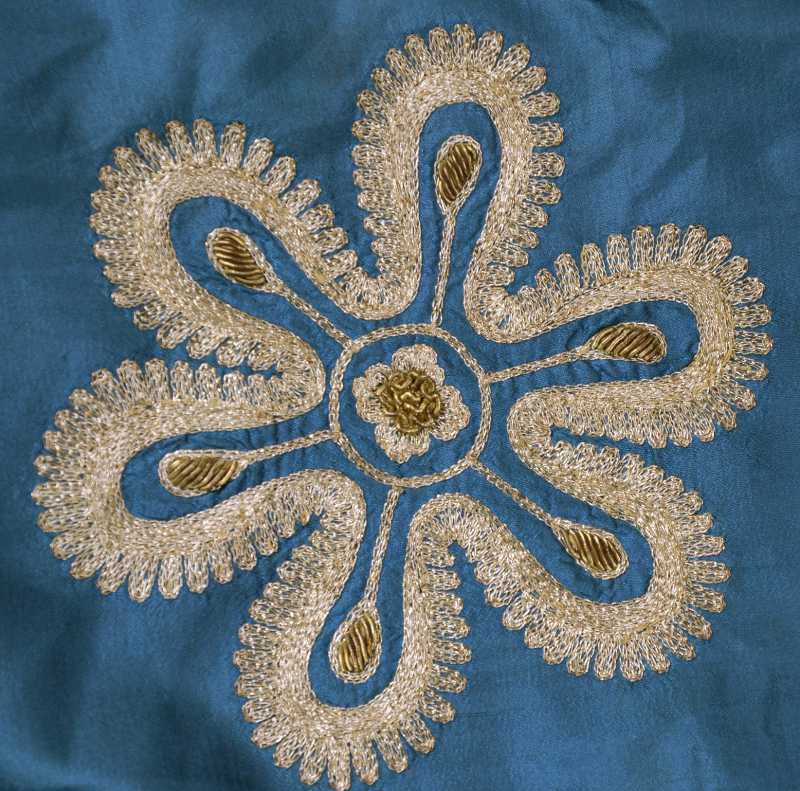===
0236x,
2
===

=== |
 |
pās : 'At the side (of), beside, alongside, near, about (the person, &c.), in the possession (of); at hand, close by, in the neighbourhood (of)'. (Platts p.217)
FWP:
SETS
MOTIFS == EROTIC SUGGESTION
NAMES
TERMSOn the source of these verses see {236x,1}.
In the ghazal world, it's a rare verse that presumes to deprecate any kind of access to the beloved-- much less a kind that involves 'remaining' in a state of particular, intense nearness. Most of the time the lover yearns for any sign of even the most distant attention from the beloved. Here, he seems to disdain mere physical proximity, since what he really craves is a meeting of hearts. Well, why shouldn't the lover sometimes be finicky and demanding too, rather than just needy and desperate as he so often is?